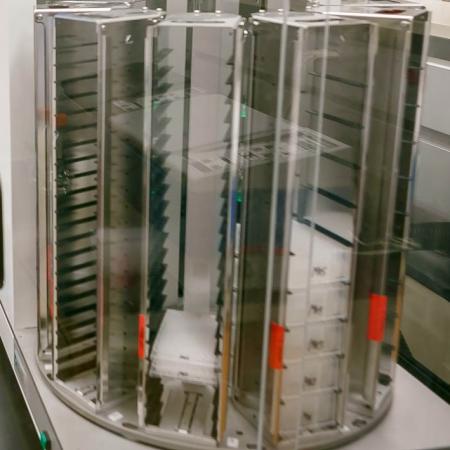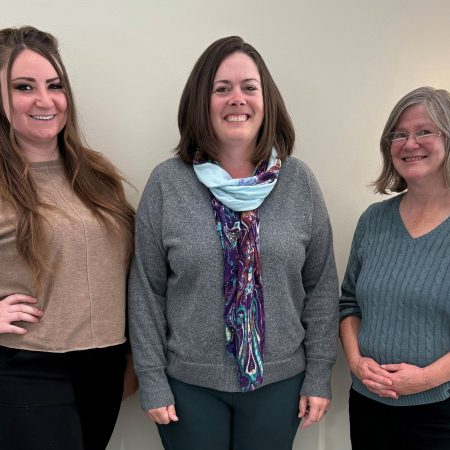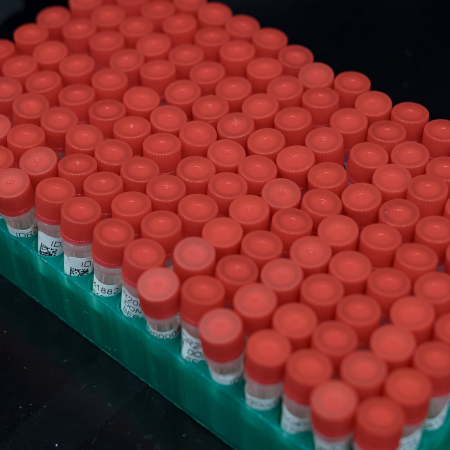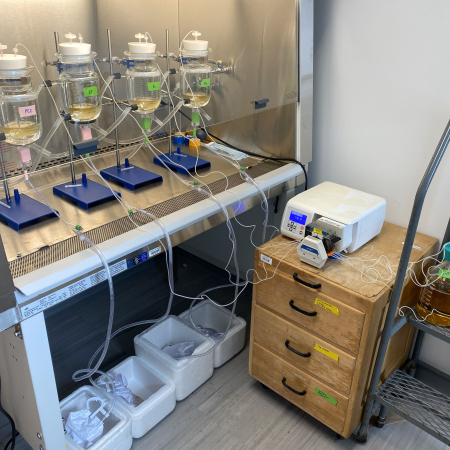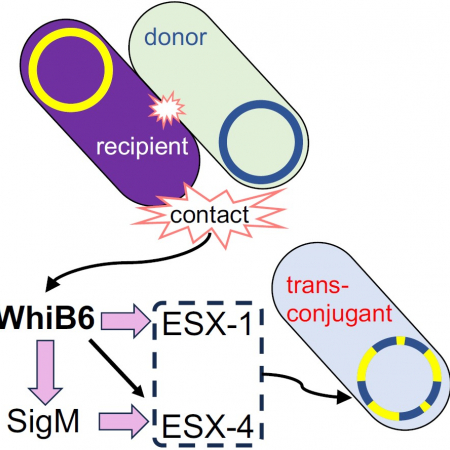Wadsworth Center’s Newborn Screening Program DNA Laboratory Hosts Senior Pathology Residents from Albany Medical Center
Three senior pathology residents from Albany Medical Center participated in a two-day rotation in the Wadsworth Center’s Newborn Screening Program DNA Laboratory, where they observed workflows, gained hands-on experience, and learned about the genetic testing that supports New York State’s comprehensive newborn screening program.
READ MORE about Wadsworth Center’s Newborn Screening Program DNA Laboratory Hosts Senior Pathology Residents from Albany Medical Center 